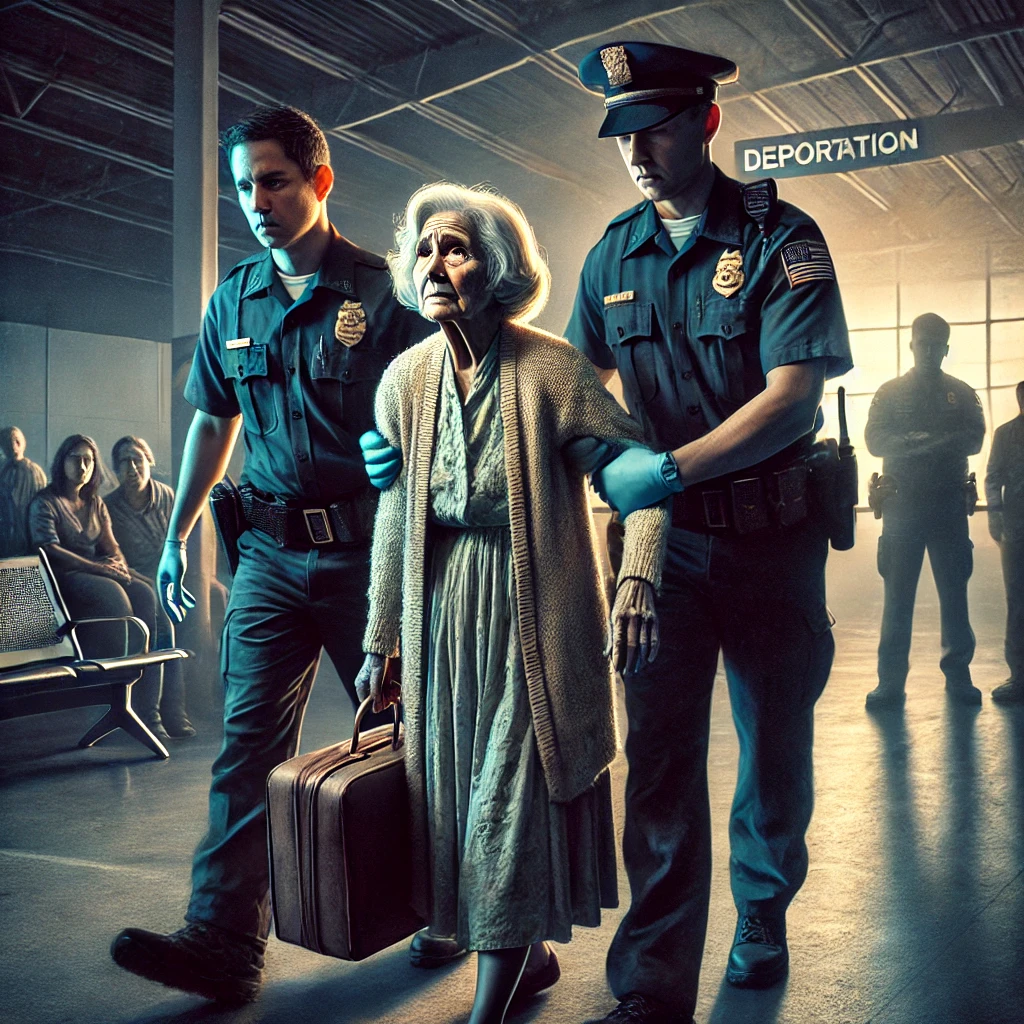In the 2010s, Nicolas Cage embarked on an unparalleled odyssey, churning out 29 direct-to-video (DTV) films, each capturing various shades of cinematic missteps. While some of his performances still reflect his eclectic charm, a number of these projects reveal a spectrum of narrative, visual, and conceptual flaws that leave audiences scratching their heads. Here’s a closer look at the lowlights of Cage’s DTV legacy.
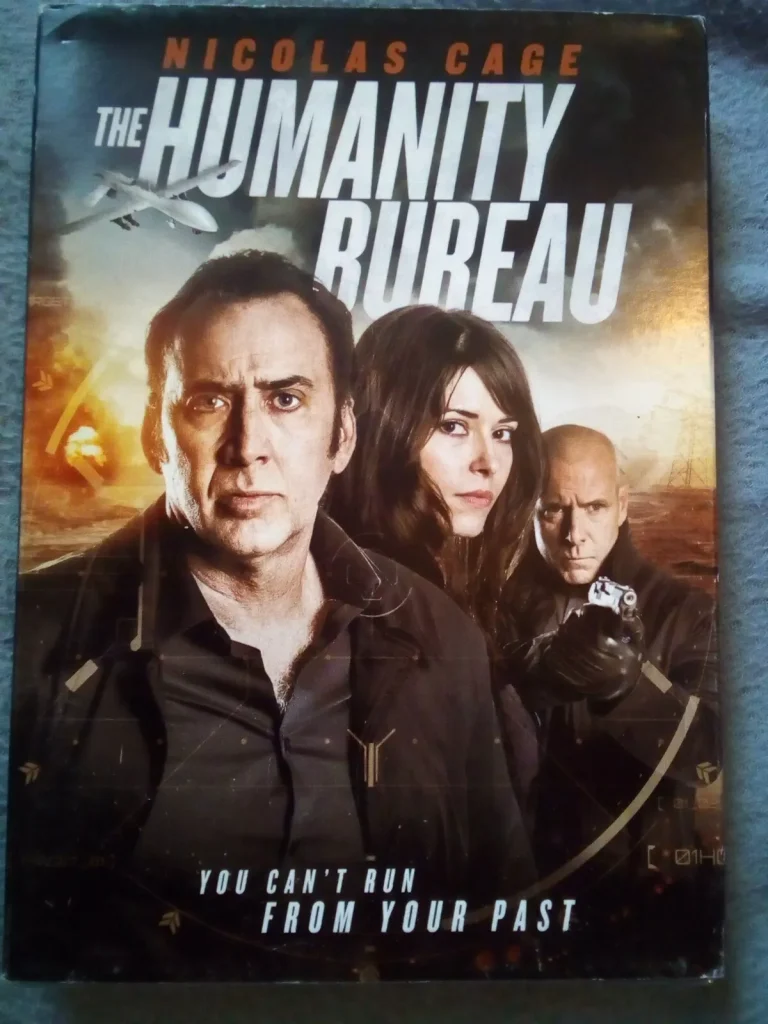
The Humanity Bureau
A near-future storyline might sound promising, but The Humanity Bureau delivers a lazy, uninspired experience. With its shallow message and a cast resembling a Canadian TV special, the film fails to capitalize on any futuristic intrigue. Cage, usually dynamic even in modest roles, appears checked out, leaving audiences with a lackluster performance amidst a dreary landscape.
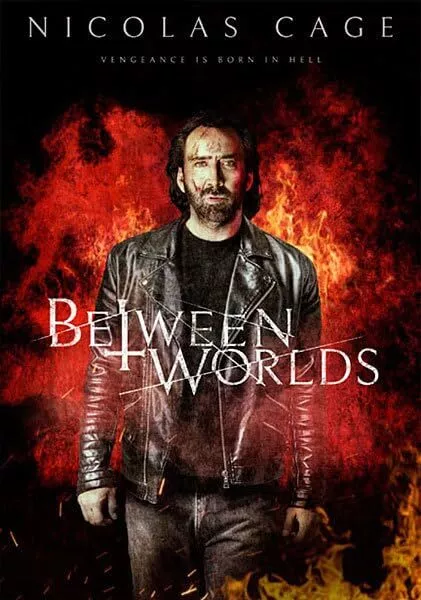
Between Worlds
Bizarre doesn’t begin to describe Between Worlds. This film sees Cage as a grieving truck driver entangled in an absurd supernatural narrative where his deceased wife’s spirit inhabits another body. The movie’s disturbing plot twist—featuring Cage romantically involved with his wife reincarnated in his girlfriend’s daughter—ventures into uncomfortable territory. Ultimately, it feels like an odd late-night TV feature trying too hard to channel David Lynch, only to land in pure chaos.
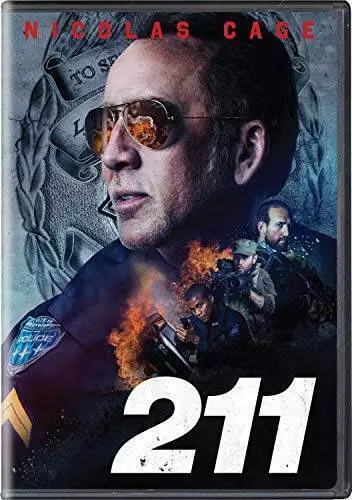
211
Easily one of Cage’s worst ventures, 211 is a barely coherent cop drama attempting to cash in on action clichés. Even the title, named after the robbery code for Los Angeles (despite the film being set in Massachusetts), seems carelessly chosen. The film’s lack of enticing dialogue, action, or even a remotely gripping plot leads viewers to endure a 90-minute slog that could only be described as an exercise in tedium.

Outcast
In Outcast, Cage teams up with Hayden Christensen to play medieval knights in Asia. Despite an intriguing setting, Cage only appears toward the end, attempting an unconvincing English accent that doesn’t match the scenery or context. The movie comes across as an unoriginal period piece without the budget or directorial finesse to create a believable historical adventure, leaving viewers unimpressed.
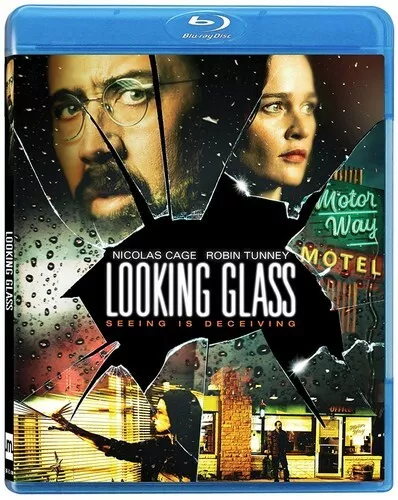
Looking Glass
A motel-set thriller with no thrills, Looking Glass feels aimless as Cage spends most of the runtime wandering through hallways. Promising hints of mystery in the first act quickly dissipate into a confusing, disjointed narrative. By the film’s end, viewers are left with more questions than answers and a feeling that the movie had wasted its potential on half-baked twists and tepid suspense.
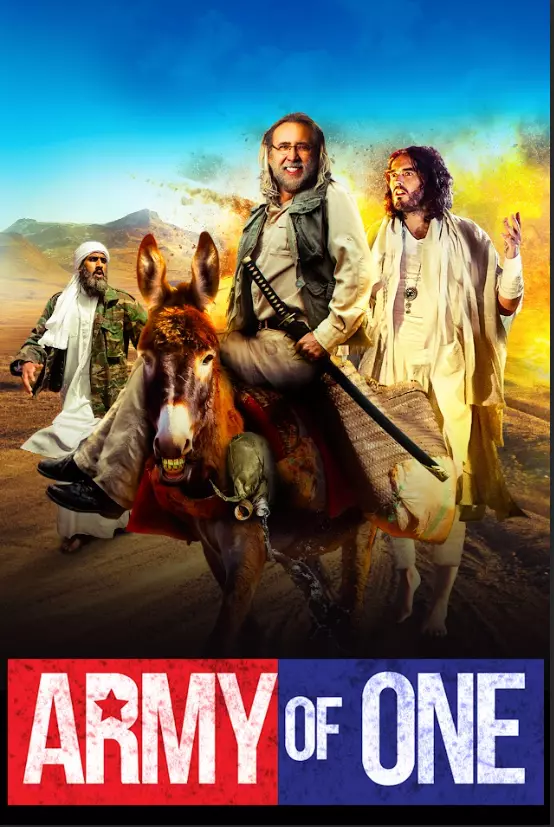
Army of One
Taking on the outlandish role of a man on a mission from God, Cage delivers a performance bordering on caricature. Army of One wants to be a quirky comedy but feels more like an unfunny attempt at satire, with Cage’s Rain Man-esque voice affecting the experience further. The plot’s absurdity and the narration only serve to make the movie an exhausting watch.
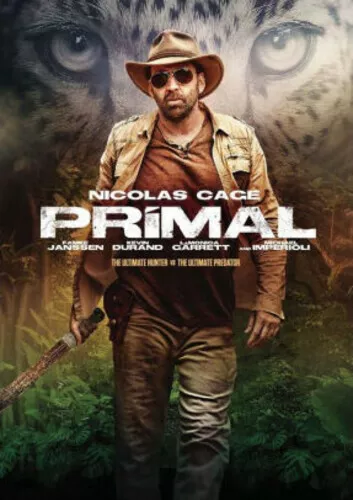
Primal
The concept of a wild animal let loose on a ship sounds thrilling, but Primal somehow manages to miss every opportunity for suspense. Instead, viewers are left with a poorly lit, visually bland film where Cage delivers his lines without much engagement, relegating the otherwise promising premise to forgettable moments of cinematic boredom.
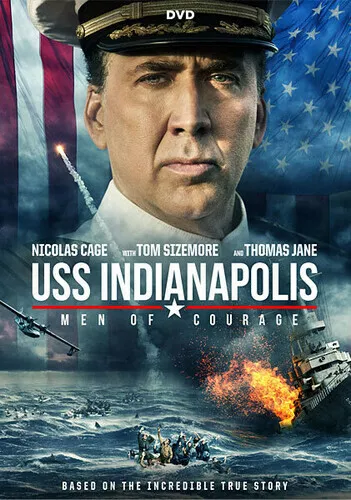
USS Indianapolis: Men of Courage
A dramatic retelling of a historical tragedy, USS Indianapolis suffers from historical inaccuracies and flat dialogue. In one scene, a character uses a Wayne Gretzky quote from decades later, breaking any immersion in the 1940s setting. Even Cage’s efforts are overshadowed by an uninspired script that cheapens the real-life story it attempts to tell.
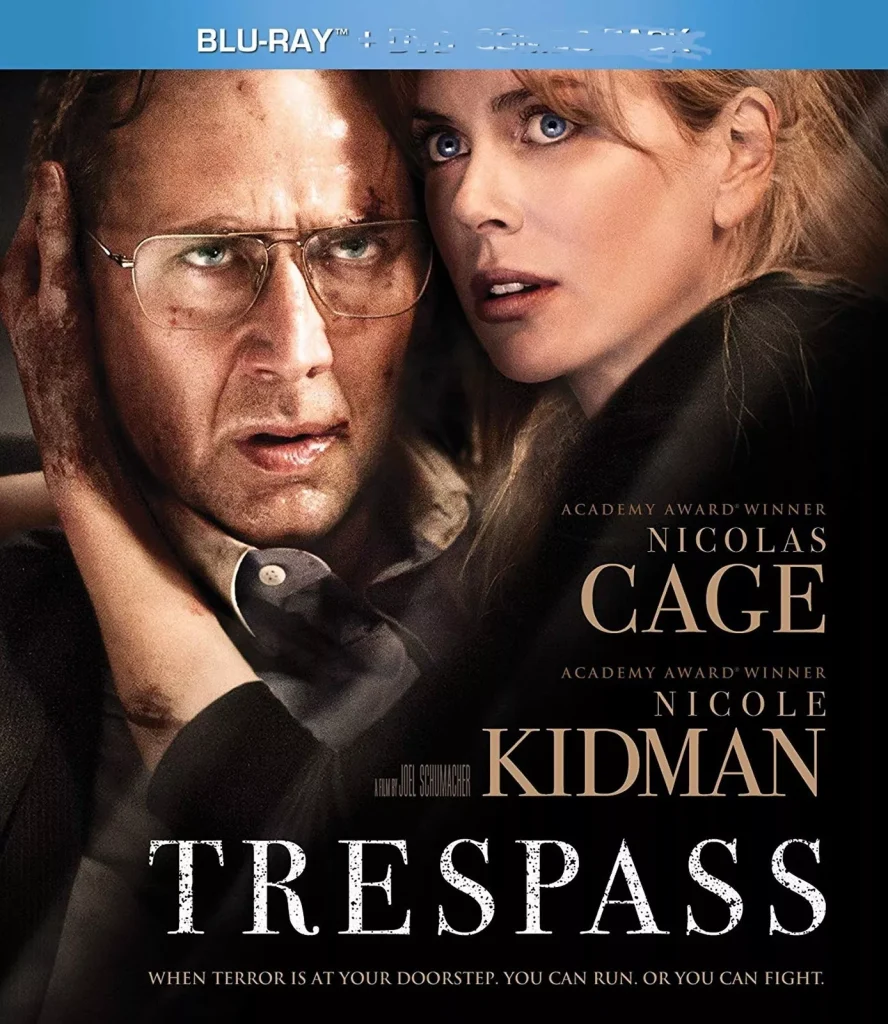
Trespass
While Trespass aspires to be a high-stakes home invasion thriller, it’s riddled with improbable plot twists and questionable character decisions. Despite the relentless pacing, Cage and his co-stars are weighed down by a messy flashback structure that creates more confusion than suspense. The performances attempt to hold the film together, but even Cage’s energy can’t save it from feeling disjointed.
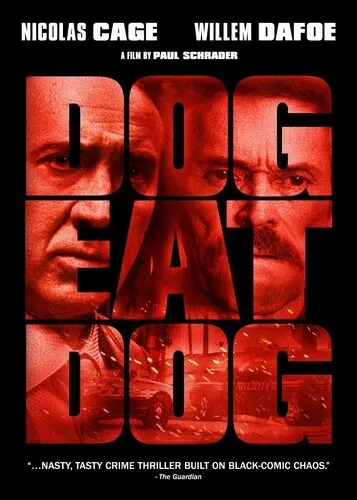
Dog Eat Dog
This crime drama reunites Cage with Willem Dafoe, yet the pair’s chemistry is underused, lost amidst erratic editing choices and bizarre, gratuitous scenes. A condiment fight sequence is emblematic of the film’s bizarre tone, leaving viewers with a sense that the movie doesn’t quite know if it’s aiming for dark comedy or gritty crime drama.
While Nicolas Cage’s talent is undeniable, his direct-to-video years are a testament to the limitations of his often haphazard projects. In these films, Cage’s energy and commitment often feel wasted on scripts that fail to meet the same level of dedication. While some movies deliver a few memorable scenes, most leave viewers with a puzzling mix of the mundane and the outlandish—an unfortunate chapter in Cage’s otherwise fascinating career.


